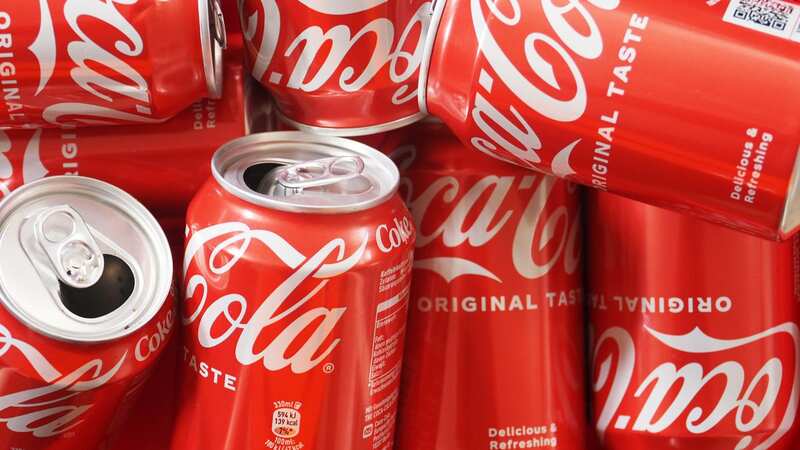What happens to your body after drinking Coca-Cola - and it should make us sick

As one of the most well-known fizzy drinks in the world, everyone is familiar with the delicious taste of a cold can of Coca-Cola. But what is our favourite drink really doing to our bodies?
We all know consuming too many cans can be bad for our health, so what really happens to our bodies after consuming a can of Coke? Apart from the staggering amount of sugar in one can - 37 grams (10 teaspoons) to be exact, there are a few things that happen after drinking it.
It's recommended people should have just six teaspoons of sugar a day so one can of Coke majorly exceeds this, according to British pharmacist Niraj Naik, who claimed: "The intense sweetness of Coca-Cola resulting from its high sugar content should make a person vomit as soon as it enters the body. However, the phosphoric acid in the beverage dulls the sweetness, enabling people to keep the drink down," as reported in Medical News Today.
Niraj highlighted what a 330ml can of coke does to the body within an hour of drinking and he claimed the effects are similar to those from heroin. Because of the huge spike in blood sugar after just 20 minutes, it causes a spike in insulin and means the liver has to turn the "high amount of sugar into fat".
After 40 minutes, the body has absorbed all of the caffeine from the Coke, which causes pupils to dilate and an increase in blood pressure. The drink by now will have also "blocked the adenosine receptors" in the brain which will prevent drowsiness. Five minutes later, there is a production of dopamine.
 Dr Michael Mosley shares exercise that can cut cholesterol and blood pressure
Dr Michael Mosley shares exercise that can cut cholesterol and blood pressure
"Dopamine is a neurotransmitter that helps control the pleasure and reward centres of the brain," Medical News Today further explained, and added: "The way that Coca-Cola stimulates these centres is comparable to the effects of heroin. It triggers a person's urge to drink another can."
The dopamine hit is what causes the cravings, but after an hour, the sugar crash will hit, which can cause "irritability and drowsiness", and the body will have "cleared the water from the cola, along with vital nutrients, in the urine." Niraj stated: "Coke is not just high in high fructose corn syrup, but it is also packed with refined salts and caffeine," on his blog.
However, Coca-Cola issued a statement about the high sugar content. They stated the drink contains sugar and caffeine, and is "fine in moderation" but claimed too much "isn't good for anyone". The statement read: "Like all food and beverages, soft drinks with sugar can be consumed as part of a balanced lifestyle as long as people don’t consume them to excess."
They also highlighted they offer a "variety of great-tasting beverages with reduced, low or no sugar and calories," and added: "That's also why many of our beverages come in small pack sizes. We also provide information on how much sugar and how many calories are in our beverages, so people can choose what makes sense for them and their families."
Read more similar news:
Comments:
comments powered by Disqus

































